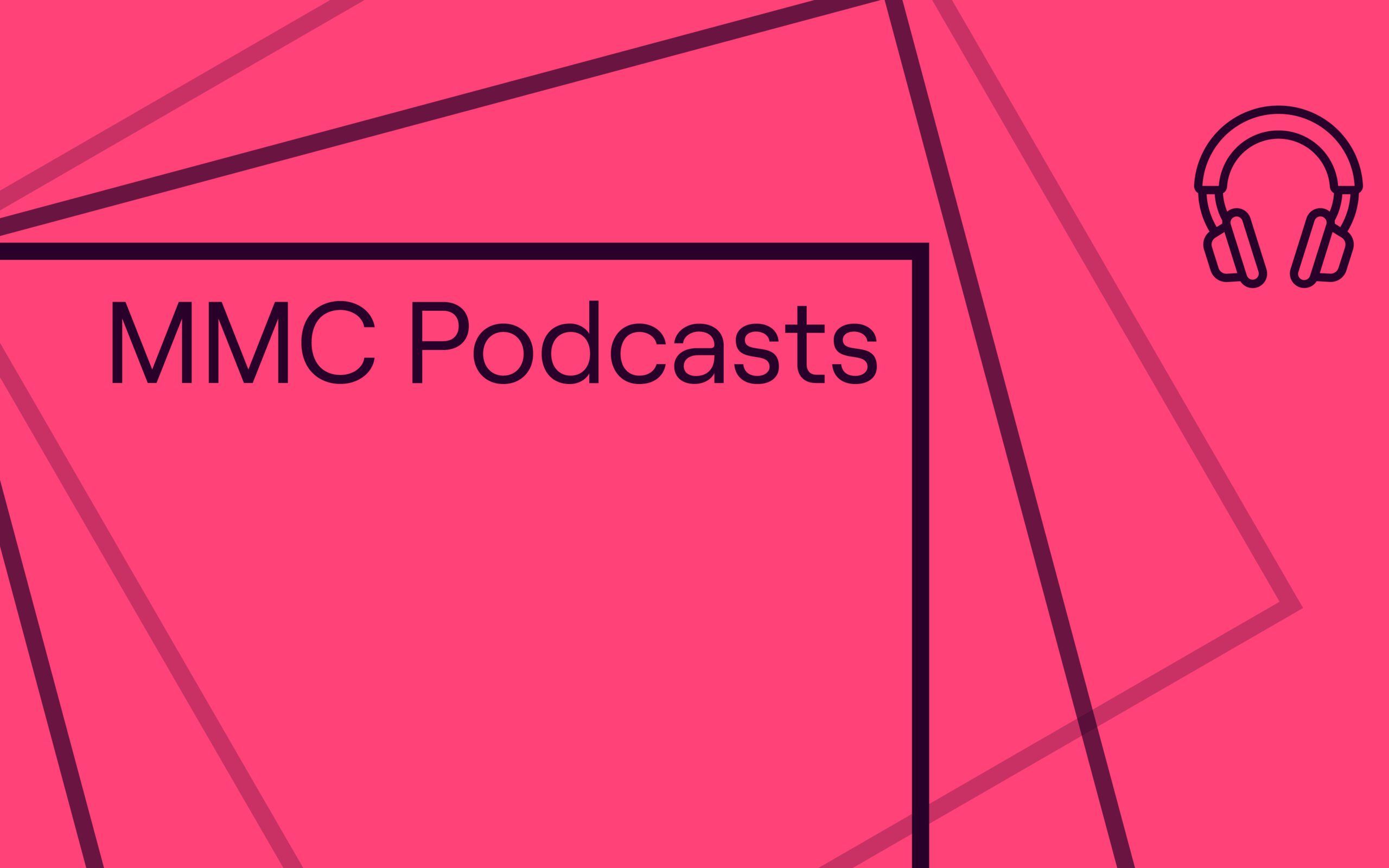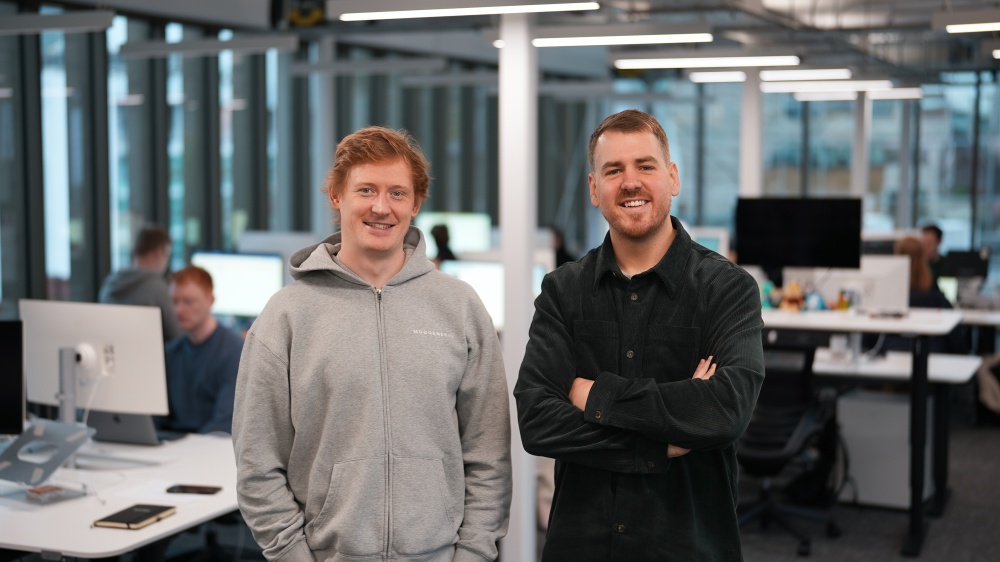MMC first invested in Edinburgh-based Current Health’s Seed round in July 2018 and followed our money in subsequent rounds, leading the Series A in 2019 and participating pro rata in the $40 million US Series B earlier this year.
Mapping the market
We had identified Current Health through our market mapping of companies using Artificial Intelligence (AI) to drive their processes. The company’s phase one remote patient monitoring (RPM) product enabled continuous monitoring of vital signs which meant that, unlike the prevailing system of routine checks by nurses, patient deterioration was caught earlier, saving hospital systems costs, and improving patient outcomes.
Current Health was beginning to collect diverse data sets across the UK and US which were key to training the machine learning ability to detect early signs of deterioration. Phase two of the RPM product would see its prediction capabilities allow preventative (rather than reactive) medicine, enabling massive cost savings, including readmission costs, and opening a huge market opportunity.
Taking on the incumbents
My initial reaction to Current Health’s proposition was one of scepticism. Medtronic, the giant US medical devices company, had invested several years ago in one of our portfolio companies and through that, I had got to know their head of venture investing. He was particularly excited about the opportunity presented by telemedicine and talked about the significant resources Medtronic was allocating to that area. Current Health’s RPM device appeared to be unique in its ability to monitor five vital signs simultaneously. How was it possible that a start-up which had funded its early development with a research contract from the NHS and was founded by two young data scientists still in their twenties had beaten companies like Medtronic to the chase? But the product checked out in due diligence, and this was just the start of a series of achievements that Chris McCann, the CEO, and Stewart Whiting, the CTO, would surprise us with.
When we invested at the Seed round Current Health had obtained their CE mark and were about to file their 501(k) for FDA approval. The FDA approval process can be tortuous, and the risk was that the business would run out of money before we knew the outcome. In the event, approval came in record time and Chris moved rapidly to recruit sales leadership in the US and exploit an increasingly attractive market opportunity stimulated in part by Medicare’s decision in January 2019 to grant reimbursement for RPM.
US expansion
The Series A funding facilitated the essential deepening of the US team, including a non-executive director, Todd Rothenhaus, who had relevant healthcare expertise and a terrific network that he used to source an experienced CFO, John McLean, and Chief Medical Officer, Adam Wolfberg, amongst others. Partnerships were signed with the Mayo Clinic and Dexcom (both of whom came in as investors) and the company was in a good position when the pandemic struck.
Covid-19 certainly accelerated an already fast-growing business and it’s remarkable the wheels did not fall off. The pharmaceutical sector opened up and several large contracts were won to monitor vaccine trials. At the same time, the US healthcare systems bought into the vision and demanded the ability to provide home care across all acuities, low and high. Current Health started shipping its second-generation RPM monitor (now the size of a watch face as opposed to the mobile phone size of its first-generation device) in late 2020 and demand grew rapidly, putting immense pressure on the supply chain and operations but not breaking them, in large part due to the able operations team, led by COO, Richard Lennox.
Gaining traction
The Series B round early this year provided $40m from US healthcare VCs and existing investors to fund the accelerating growth, but within weeks of that round, Best Buy approached Chris to propose a combination. Best Buy is an interesting story: its business was being destroyed as customers visited its huge network of stores to make their choices, which they then bought online from other retailers. In response, Best Buy hired thousands of service support operatives who visit customers to help install their purchases and explain how to work them. This is a service in huge demand, especially from older generations, and Best Buy has bounced back stronger.
It was exactly this kind of logistics and after-sales support that Current Health’s customers required as well, but it would take years and a huge amount of capital for the business to build this from scratch. The combination was so compelling that Best Buy bought Current Health for $400 million, a price at the very top for a healthcare business in the US at this stage.
Combining talent and execution
Best Buy is fortunate to be acquiring a team of such calibre, and the whole team has been induced to remain. Chris McCann is an exceptional entrepreneur who has the crucial ability to identify and persuade the most talented individuals in each operational category to join him in building out his vision. The speed with which he has grown Current Health and won glowing commendations from his customers (very helpful in a buyer’s due diligence calls) is extraordinary. The speed and efficiency with which the sale to Best Buy has been completed is itself a testament to his execution skills.
MMC is very proud to have partnered with Chris, Stewart and their team from a very early stage. It has been an extraordinarily exciting journey and a valuable learning experience for us, particularly with respect to the US market’s adoption of value-based healthcare. We are applying our experience in taking UK healthcare companies to the US to our next generation of entrepreneurs and look forward to partnering with ambitious digital health founders going forward!





